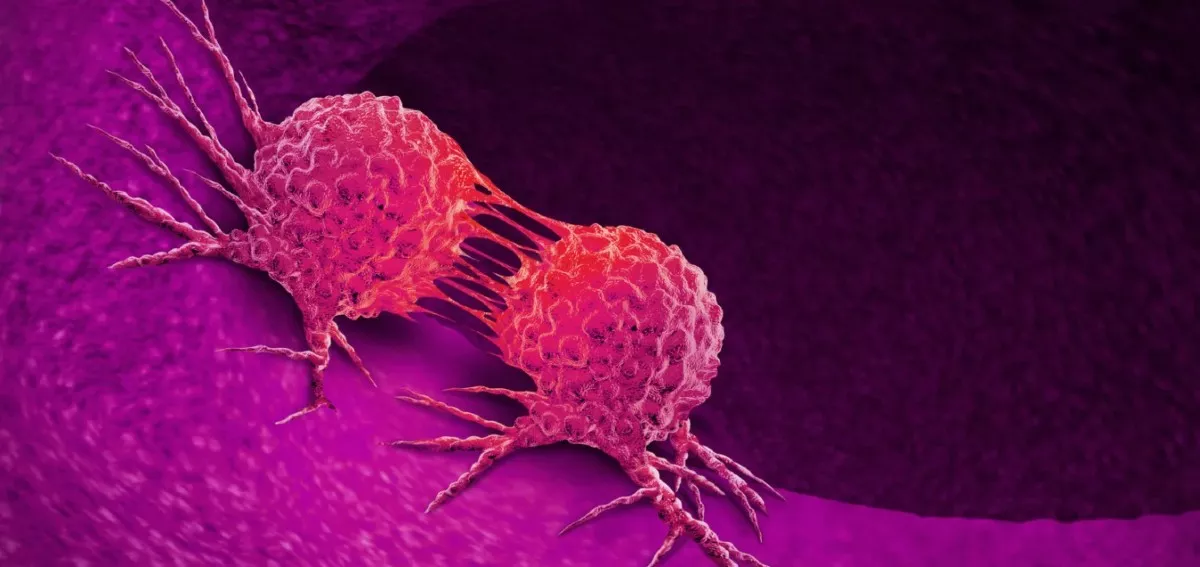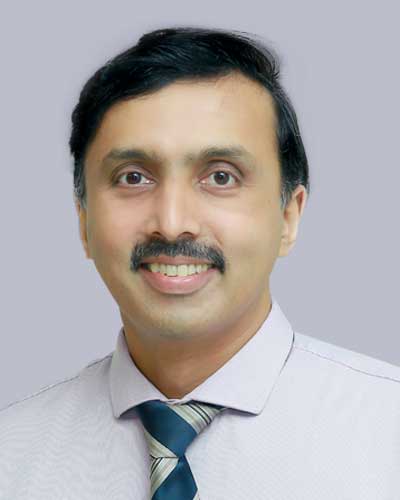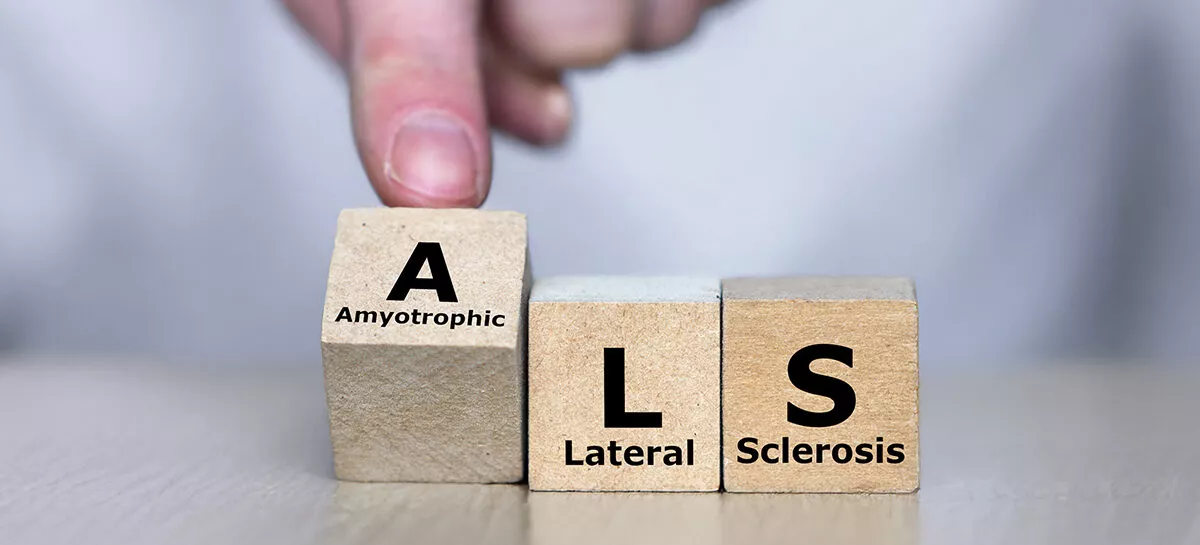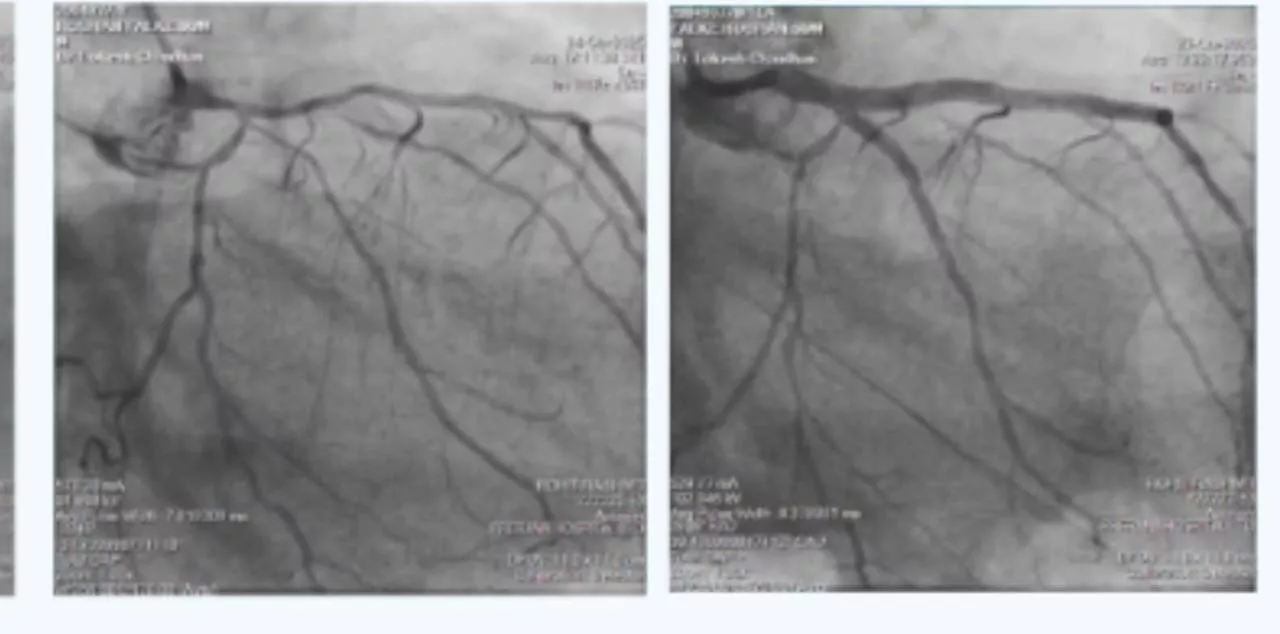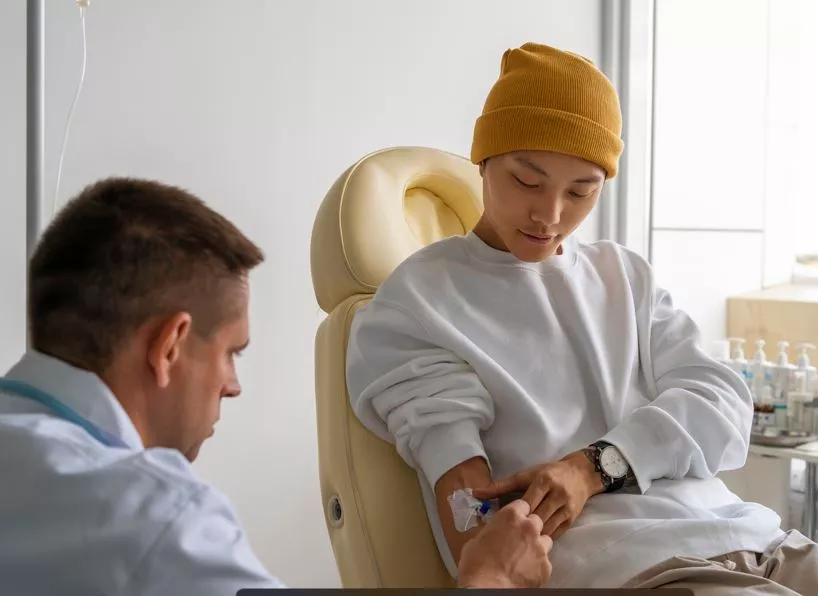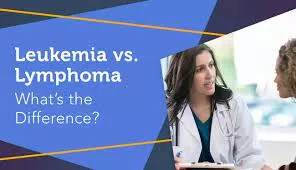Even though India has historically struggled with cancer, a recent study shows that the cases are rising at a faster rate. What was once regarded to be a disease of the old, is now a reason for concern for all. Longer life expectancy is linked significantly to the overall cancer rate. The body accumulates more of these defects in its DNA, raising the risk of cancer significantly as we get older.
What is cancer?
Cells in the human body continuously divide for growth, body tissues to renew themselves, development, and repair. If the cells lose control over their division process, then the uncontrolled division can lead to the formation of lumps of outrageous cells, which is called cancer. In other words, cancer is a disorder that develops when the cells in our body grow out of control, creating a cell mass. This mass of cells is known as a tumour, but not all tumours are cancerous.
A tumour is classified into two major types:
Benign: is when the tumour does not grow much in size and remains calm in one place and does not spread across the blood to invade surrounding tissues. They are mostly calm, harmless, and non-cancerous cells.
Malignant: This type of tumour is cancerous. They spread and invade other body tissues. Their aggressive nature helps the tumour cells to derive nutrients from other surrounding healthy cells. As a result, the healthy cells die and this allows the tumour cells to grow even faster.
How to treat cancer?
The goal of cancer treatment is to cure cancer and restore the ability to live a normal life. If a cure is not possible, your treatments may be used to decrease or slow the progression of your cancer so you can live as long as possible without symptoms.
Cancer treatments can be of various procedures:
Primary treatment: The major purpose of treatment is to eradicate cancer from your body or to destroy all cancer cells. Any cancer treatment can be referred to as the first line of defence, however, surgery is the most common way to remove cancer. Your doctor may decide on a combination of therapies as your primary treatment if your cancer is very sensitive to chemotherapy or radiation.
Adjuvant treatment: The purpose of adjuvant therapy is to eliminate any cancer cells that remain after primary treatment. It aims at reducing the chance of reoccurrence of the cancerous cells. Neoadjuvant treatment is similar to primary treatment and is given before the primary treatment to make it more successful and effective.
Palliative treatment: May help relieve the signs and symptoms and side effects of cancer treatment. Symptoms can be relieved with surgery, radiation, chemotherapy, hormone therapy, and medication. Palliative treatment can be performed at the same time as other treatments to cure cancer.
When seeking treatment, many patients consult an oncologist in Kochi Kerala who provides expert diagnosis and treatment plans tailored to their condition.
How much does it cost for cancer treatment?
Cancer therapy in India is less expensive than in the United Kingdom, the United States, and other developed countries. However, estimating the actual cost of cancer therapy without knowing the different elements that influence it is challenging. When it comes to cancer therapy, money is the one of the crucial things to consider. As a result, individuals from all over the world come for treatment at a reputed cancer hospital in Kochi Kerala and many other parts of India.
What are the procedures for the treatment?
Your treatment options depend on several factors like your overall health, the type, and stage of cancer, age, and preferences. You and your doctor can decide which cancer treatment is best for you by understanding the benefits and side effects of each option. Some of the common procedures for cancer treatment are:
Surgery: The purpose of surgery is to eliminate the malignancy or as much of it as feasible.
Chemotherapy: Chemotherapy is a treatment that uses chemicals to kill cancer cells.
Radiation treatment: radiation therapy uses high-powered energy beams such as X-rays or protons to kill the cancer cells.
Immunotherapy: is a cancer treatment that makes use of your body's immune system to fight cancer, it is also known as biological therapy. As your immune system does not detect cancer as an intruder, it can thrive unchecked in your body. Immunotherapy can assist your immune system in attacking cancer.
Hormone therapy: certain types of cancers are fuelled by hormones in the body. Examples include prostate cancer and breast cancer. Cancer cells may stop developing if such hormones are eliminated from the body or their effects are resolved.
Many of these treatments are provided in a specialized oncology hospital in Kochi Kerala, where advanced technology and multidisciplinary care help patients receive world-class treatment.
Before you are discharged make sure you understand these things:
What diet plan to follow
Who to contact if you have any problems or concerns
How you'll look after your wound (and drains) at home
What needs to be given immediate attention
What your activity limits are (climbing, lifting, working, driving)
How to engage in any form of rehabilitation (physical therapy or physical activity); and when you should visit your doctor.
Medications to take and when to take them, especially pain relievers
Every individual's recovery is different. Wounds heal at varying rates, and certain procedures are more difficult than others. After surgery, you may want assistance at home for a while. If family members or friends are unavailable to assist you, our health care team may be able to arrange for a nurse or nurse's aide to help you for a short time.
FAQs:
Which cancer is known as a silent killer?
Ovarian cancer has been termed the silent killer because its presenting symptoms are often mistaken for other benign conditions.What cancer is the hardest to treat?
Pancreatic cancer, liver and bile duct cancer, lungs and bronchial cancer, esophageal cancer, stomach, and brain cancer are the types of cancer that can be given some solution but the life expectancy may be very limited.Is cancer in your blood?
When cancer occurs in the blood.Can cancer be prevented?
Establishing preventive methods like following a healthy lifestyle, eating high-fiber food, a low-fat diet, avoid smoking may reduce the risk of cancer.What is aggressive cancer?
A tumour or disease that grows fast and spreads quickly can be termed as aggressive cancer.
